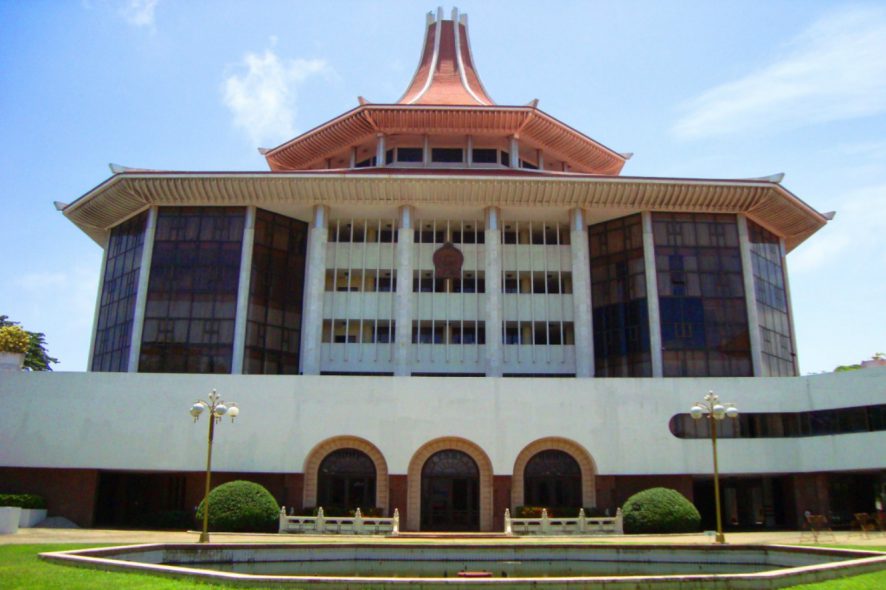Court of Appeal of Sri Lanka: KK. Wickremasinghe and K.Priyantha Fernando, JJ. contemplated an appeal against the judgment of High Court related to Section 70 of the Bribery Act, 1994 i.e for offence of ‘Corruption’.
The Appellant raised an objection in the Magistrate’s Court, that the investigation was initiated by an incompetent authority on anonymous complaint. The Magistrate rejected the preliminary objections raised by the appellant. Hence, the appellant filed a revision application in the High Court, where the revision application was dismissed by the High Court.
The counsel for the appellant submitted that according to the Act when any investigation had to be commenced against a person the Commission had to communicate it to the aggrieved person. Further, it was submitted that, genuineness of the communication had to be investigated, and that the identity of the person who communicated was important for that purpose. Another main contention of the counsel was if the allegations were found to be false against the person, the complainant who communicated the said complaint to the Commission had to be punished hence; such complainant had to be an identifiable person.
The appellant also relied on the Indian Criminal law i.e the Code of Criminal Procedure and cited Section 154 CrPC, i.e. Information in Cognizable cases, it was stated that similar to Section 154 CrPC in SriLankan Code they had Section 109 which stated that, every information received by a Police officer had to be given orally or in writing and that if given orally, it had to be reduced to writing and shall be signed by the person who was giving such information.
On the other hand the counsel for the respondent submitted that the word ‘communication’ was nowhere defined in the Act, therefore the functions and the objectives of the Act had to be taken into consideration when interpreting the same. It was also contended that the word ‘communication’ had no relevancy under Section 21 when interpreting the same. It was submitted that the Commission only acted upon the genuine complaint and the false once automatically got filtered.
The Court, observed that the word ‘communication’ was not defined anywhere in the Act. It was held that, “The word used in the Sinhala text of Act No. 19 of 1994 for communication is ‘I(lll)®~®’. Act No. 19 of 1994 does not mention whether such ‘communication’ should be anonymous or onymous, although the procedure to be followed by the Commission upon receiving the ‘communication’ is provided.”
It was noted by the Court that under Section 4(1) of the Act, 1994, it was stated that ‘Upon receipt of the communication under subsection (1) the Commission, if was satisfied that such information was genuine and that the communication disclosed material upon which an investigation ought to be conducted, shall conduct such investigation as may be necessary for the purpose of deciding prosecution.’
It was further observed by the Court that the legislature had made a clear and certain provision to filter the ‘communication’ received by the Commission; it filtered the false communication and acted upon the genuine complaints only. It was held that even the communication was anonymous it would not cause any prejudice.
The Court hence, suggested that there were sufficient reasons to initiate the investigation and no interference was required. “It was also important to note that Sri Lanka was a signatory to the United Nations Convention against Corruption (UNCAC). There was a specific provision in ‘UNCAC’, where protection should be given to whistleblowers. Unfortunately, such provision was not available in our legislature. In this context, I am of the view that, such ‘communication’ even if it is anonymous, should be acted upon, if it can be verified independently to be genuine to commence an investigation.”[Director General, Commission to Investigate v. Narasinghe Buwelikada Deshika Malkanthi, 2019 SCC OnLine SL CA 7, decided on 09-08-2019]


